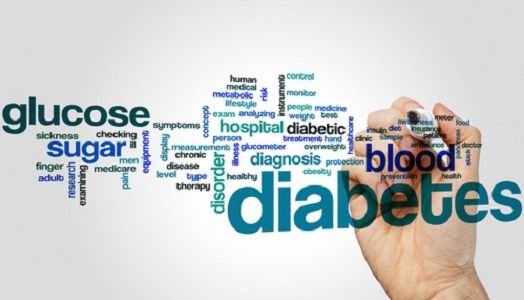Article
Hypoglycemic Episodes Linked to Atherosclerosis in Type 2 Diabetes
Author(s):
The frequency of hypoglycemic episodes affects carotid atherosclerosis in patients with type 1 diabetes.

The association of hypoglycemia with atherosclerosis in patients with type 1 diabetes mellitus (T1DM) has now been extended to insulin-treated patients with type 2 diabetes mellitus (T2DM), in a new study linking changes in carotid intima-media thickness (IMT) in this group with the frequency of their hypoglycemic episodes.
Previous studies have associated such factors as blood pressure, basal metabolic index and lipids parameters to changes in carotid artery atherosclerosis in patients with T2DM, but the effects of hypoglycemia, a common adverse event with insulin treatment, has generally been studied in the context of insulin-dependent T1DM.
In an analysis of data from a larger study examining the potential protective effect of a dipeptidyl peptidase IV (DPP-IV) enzyme inhibitor antidiabetic agent, sitagliptin (Januvia, Merck), on cardiovascular disease in insulin-treated T2DM, Tomoya Mita, MD, PhD, Department of Metabolism and Endocrinology, Juntendo University Graduate School of Medicine, Tokyo, and colleagues found that even mild hypoglycemic episodes, particularly when occurring more than monthly, were linked with increase in carotid IMT.
"Thus, this was the first study to demonstrate that frequent episodes of hypoglycemia are associated with changes in carotid artery atherosclerosis in insulin-treated patients with T2DM," Mita and colleagues said.
The researchers identified 98 patients who had experienced episodes of hypoglycemia among the larger cohort of 274 insulin-treated patients, 49 having received sitagliptin and 49 received other oral antidiabetic agents. Most instances of hypoglycemia were mild in both groups. To analyze for possible effects relating to the frequency of hypoglycemia, patients were divided into three categories: having no episodes of hypoglycemia, less than one episode per month, and more than one episode per month.
Change in IMT of the carotid arteries was ascertained with ultrasonography over a 104 week follow-up. The researchers reported that increases in the mean IMT and left maximum IMT of the common carotid arteries (CCA) were significantly greater in patients with hypoglycemic episodes than those without. Having more frequent episodes was associated with increases in mean IMT-CCA and of the left and right maximum IMT-CCA.
Analysis for other factors potentially contributing to atherosclerotic change did not reveal significant confounders to the effect of hypoglycemia, according to the researchers. They noted that the groups experiencing hypoglycemia actually had more characteristics that should have protected against increased IMT, including being less obese, less likely to be smokers, having generally better glycemic and lipid controls, and having lower serum levels of inflammatory cytokines.
"These data support that hypoglycemia by itself seem to be a contributing factor for atherosclerosis," Mita and colleagues indicated.
The researchers suggest several mechanisms may underlie the atherosclerotic changes associated with hypoglycemic episodes, including changes in blood constituents, inflammation, and coagulation and fibrinolysis that may result from defense responses to hypoglycemia.
The study was published January 9 in Scientific Reports. The full title is "Relationship between Frequency of Hypoglycemic Episodes and Changes in Carotid Atherosclerosis in Insulin-Treated Patients with Type 2 Diabetes Mellitus."
Related Coverage:
Insulin as a Strategy to Optimize Glycemic Control in Patients with Type 2 Diabetes


